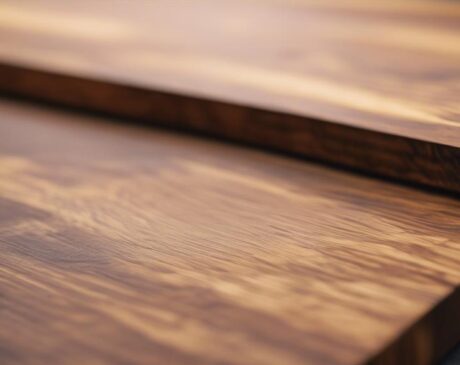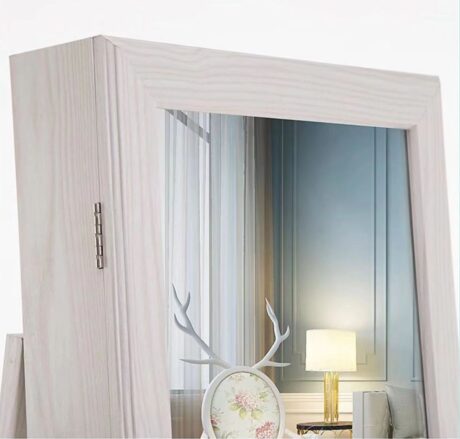What Is a Good Substitute for Nail Glue?
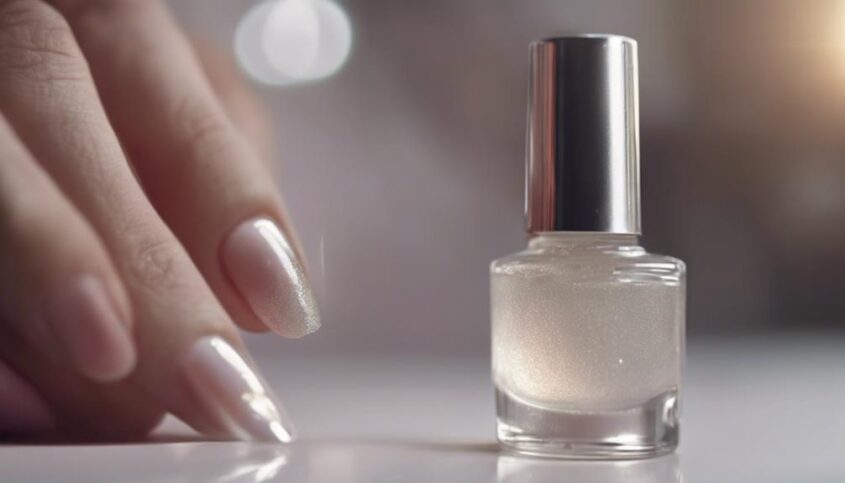
Clear nail polish, nail adhesive tabs, double-sided tape, top coat, liquid bandage, acrylic nail powder with resin, and dental adhesive are good substitutes for nail glue. These alternatives offer varying degrees of adhesion, convenience, and durability for attaching artificial nails or repairing broken nails. Each option comes with unique benefits and application methods to suit different needs. Consider trying these substitutes to find the perfect match for your nail care routine and creative designs.
Key Takeaways
- Clear nail polish serves as a makeshift alternative for attaching artificial nails or repairing a broken nail.
- Nail adhesive tabs provide a convenient and mess-free way to securely attach artificial nails.
- Double-sided tape offers a strong and durable hold for attaching artificial nails with minimal hassle.
- Liquid bandage can be used as a protective barrier for damaged nails without traditional nail glue.
- Acrylic nail powder and resin create a durable bond for sculpting artificial nails with a professional finish.
Clear Nail Polish
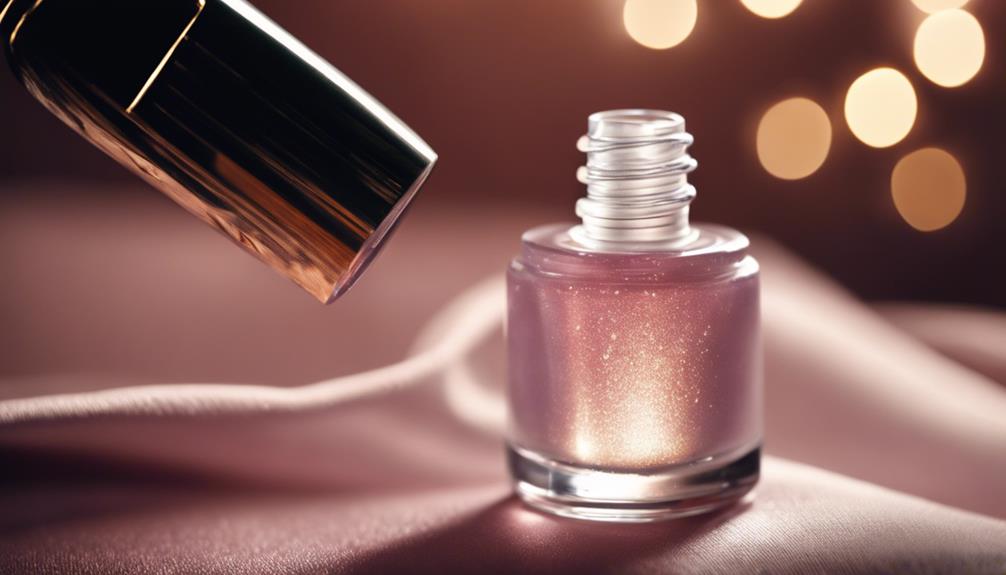
For a makeshift alternative to nail glue, consider utilizing clear nail polish. Clear nail polish can serve as a quick fix for attaching artificial nails or repairing a broken nail. This innovative solution provides a temporary hold while offering a glossy finish to your nails.
To use clear nail polish as a substitute for nail glue, simply apply a thin layer onto your natural nail or the artificial nail before pressing them together. The polish will act as an adhesive, helping to secure the nails in place. However, it is essential to note that this method may not provide the same level of durability as traditional nail glue.
Additionally, clear nail polish can be easily removed with nail polish remover, making it a convenient option for temporary nail applications. While it may not be as long-lasting as nail glue, clear nail polish can be a handy alternative in a pinch or for those looking to experiment with different nail styles.
Nail Adhesive Tabs
When seeking an alternative to traditional nail glue, one effective option to consider is utilizing nail adhesive tabs. These innovative tabs provide a convenient and mess-free way to attach artificial nails securely. Nail adhesive tabs are typically made of a strong adhesive material that sticks to both the natural nail and the artificial nail, creating a strong bond that can last for several days.
One of the key advantages of nail adhesive tabs is that they are easy to apply and remove without causing damage to the natural nail. They are also ideal for those who may have sensitivities or allergies to nail glue. Additionally, nail adhesive tabs come in various shapes and sizes to suit different nail shapes and lengths, providing a customizable solution for each individual.
Double-Sided Tape
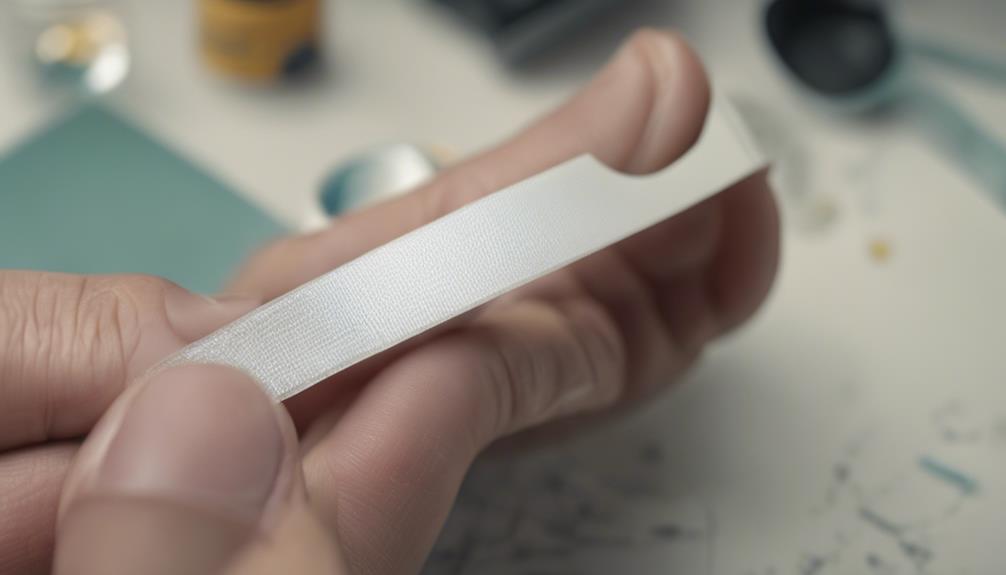
Using double-sided tape as an alternative adhesive for attaching artificial nails offers a practical and convenient solution with minimal mess and hassle. Unlike traditional nail glue, double-sided tape eliminates the need for waiting for glue to dry and the risk of accidental spills or sticky residue. This innovative approach provides a quick and efficient way to apply artificial nails, making it an ideal option for individuals seeking a hassle-free nail enhancement experience.
Double-sided tape designed for nail application is typically strong and durable, offering a reliable hold that keeps artificial nails securely in place. The tape is easy to apply and remove, allowing for effortless nail maintenance and replacement when desired. Additionally, it is a versatile option that can accommodate various nail shapes and sizes, providing flexibility for different nail styling preferences.
Top Coat
A crucial step in maintaining the longevity and vibrancy of your nail art is applying a top coat. A top coat not only adds shine and protection but also helps seal in your nail design, preventing chipping and extending the life of your manicure. When choosing a top coat, consider factors such as quick drying time, durability, and compatibility with different nail polish brands. To help you make an informed decision, here is a comparison table highlighting key features of three popular top coats:
| Top Coat | Quick Drying | Durability | Compatibility |
|---|---|---|---|
| Seche Vite | Yes | High | Most brands |
| OPI Infinite Shine | No | Long-lasting | OPI nail polish |
| Sally Hansen | Yes | Chip-resistant | Wide range |
Each top coat offers unique benefits, so choose the one that aligns best with your nail care needs and preferences. Experimenting with different top coats can also help you discover the perfect match for your nail art routine.
Liquid Bandage
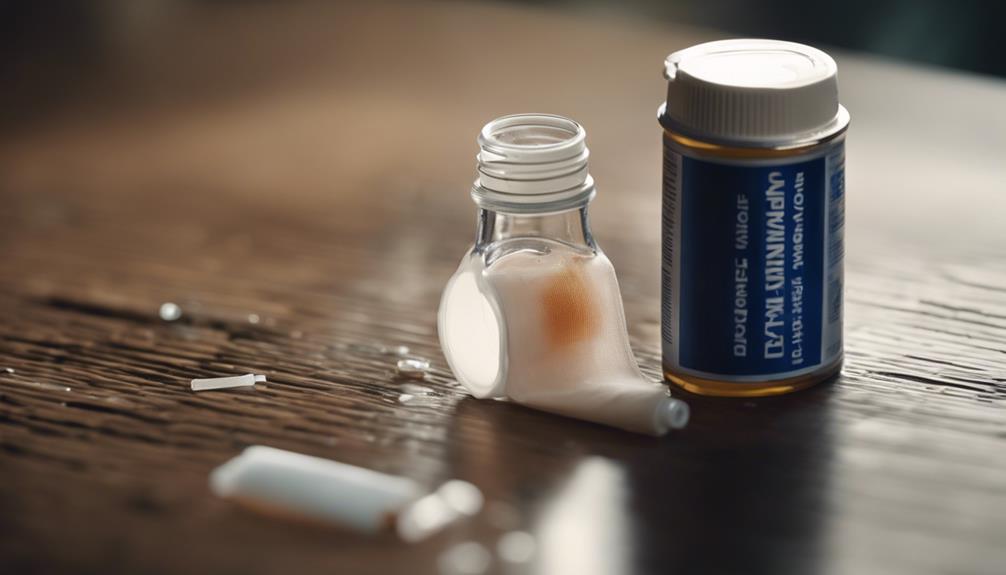
Liquid Bandage is a versatile and convenient product that serves as a protective barrier for minor cuts and wounds. This innovative solution provides a quick and easy way to seal and protect damaged nails without the need for traditional nail glue. Liquid bandage formulas are designed to create a strong, flexible, and waterproof barrier over the nail, promoting healing and preventing further damage.
One of the key advantages of using liquid bandage as a substitute for nail glue is its quick-drying nature. This feature allows for efficient application and ensures a secure bond between the nail and any artificial extensions. Additionally, liquid bandage is known for its durability, offering long-lasting protection for your nails.
When applying liquid bandage as a nail glue substitute, it is important to follow the manufacturer's instructions carefully to achieve the best results. By incorporating this innovative product into your nail care routine, you can enjoy the benefits of a strong and reliable bond without the hassle of traditional nail glue.
Acrylic Nail Powder and Resin
Acrylic nail powder and resin are essential components in the creation and enhancement of artificial nails. When combined, they form a durable and long-lasting bond that is crucial for maintaining the integrity of artificial nails. Acrylic nail powder is a polymer that, when mixed with a liquid monomer like resin, creates a thick paste that can be sculpted into the desired nail shape before hardening. This process allows for the seamless application of artificial nails, ensuring a professional finish that lasts.
To understand the key differences between acrylic nail powder and resin, refer to the table below:
| Acrylic Nail Powder | Resin |
|---|---|
| Polymer powder used for building nails | Liquid monomer used to bond and harden the powder |
| Comes in a variety of colors and finishes | Clear liquid that dries to a glossy finish |
| Requires mixing with a liquid monomer for application | Applied directly onto the nail bed |
| Provides strength and durability | Enhances adhesion and finish |
| Ideal for sculpting and shaping nails | Ensures a smooth and even application |
Innovative techniques and formulations continue to advance the field of artificial nail enhancements, offering endless possibilities for creative nail designs and styles.
Dental Adhesive

With the advancement of dental technology, the utilization of dental adhesive has become a fundamental component in modern dentistry. Dental adhesive, also known as dental glue or cement, is a versatile substance used to bond materials to the teeth, such as crowns, veneers, bridges, and orthodontic brackets. This adhesive plays a crucial role in ensuring the longevity and stability of dental restorations, providing patients with reliable and aesthetically pleasing outcomes.
One of the key innovations in dental adhesive technology is the development of resin-based adhesives. These adhesives offer improved bonding strength, durability, and esthetics compared to traditional materials. Additionally, advancements in adhesive chemistry have led to the creation of self-etching and self-adhesive dental adhesives, simplifying the bonding process for dental professionals while maintaining high bond strengths.
Frequently Asked Questions
Are There Any Natural Alternatives to Nail Glue That Can Be Used?
Exploring natural alternatives to conventional nail glue is gaining popularity among beauty enthusiasts. Innovations involving plant-based adhesives or DIY options like gelatin or clear polish combined with baking soda are emerging as viable substitutes for nail glue.
Can Super Glue Be Used as a Substitute for Nail Glue?
Super glue can be used as a substitute for nail glue due to its strong bonding properties. However, it is not specifically designed for nails and may cause damage. Proceed with caution and consider professional nail adhesives.
Is It Safe to Use Household Items Like White Glue or Clear Glue on Nails?
While household items like white or clear glue may seem like convenient substitutes for nail glue, it's important to note that they are not specifically designed for use on nails. Safety and effectiveness should be prioritized when experimenting with new innovations in nail care.
Are There Any DIY Recipes for Homemade Nail Glue Substitutes?
Exploring DIY recipes for homemade nail glue substitutes can lead to innovative alternatives. Crafting adhesive mixtures using natural ingredients like gelatin or aloe vera may offer effective bonding solutions for nail applications, promoting creativity and resourcefulness in beauty routines.
How Long Do Alternative Nail Adhesive Options Typically Last Compared to Traditional Nail Glue?
Alternative nail adhesive options vary in durability compared to traditional nail glue. Factors like application technique, nail type, and daily activities influence longevity. Experimentation is key to finding the best substitute that balances performance and longevity.

